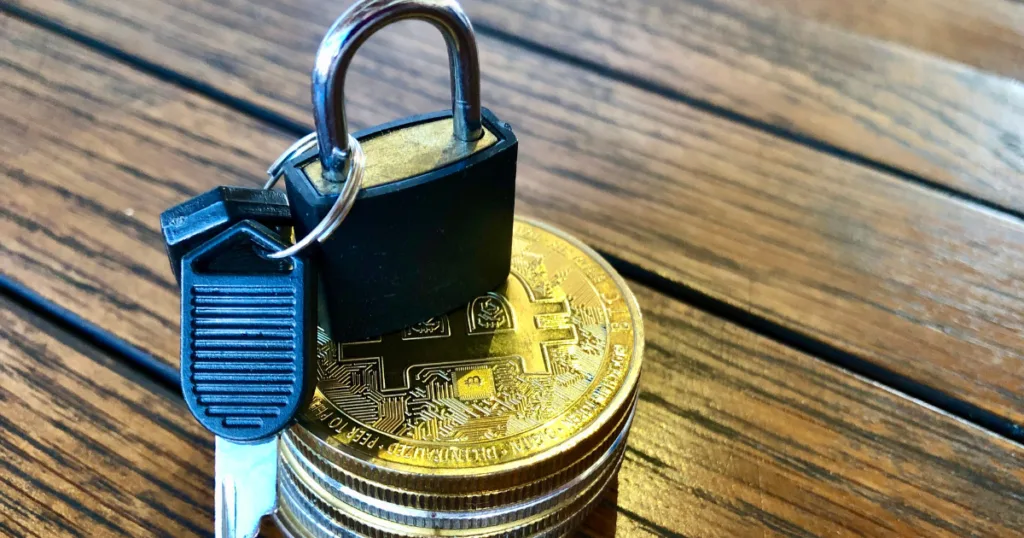加密货币牌照申请全攻略:申请的步骤与常见问题
加密货币牌照的申请对于加密货币业务来说至关重要。无论你是经营加密货币交易所、钱包服务,还是其他虚拟资产相关业务,获得合法的牌照都能为你的业务提供法律保障和市场信任。但是,申请过程中会有很多细节和挑战,今天我们就来帮助你解决常见的疑问和问题,确保你能顺利申请到加密货币牌照。
一、申请加密货币牌照的基本步骤
申请加密货币牌照的过程看似复杂,但只要你按照正确的步骤进行,其实并不难。下面是申请牌照的一般步骤:
- 选择合适的牌照类型
不同国家和地区的加密货币牌照有不同的种类。你需要根据自己的业务类型选择合适的牌照。如果你经营的是加密货币交易所,那么你可能需要申请交易平台的牌照;如果你提供钱包服务,则需要申请钱包服务牌照。 - 了解当地法规和要求
申请前一定要了解你所在国家或地区的法律要求。不同地区的加密货币法规和合规要求可能会有所不同。你需要确保你的公司符合当地的所有法律法规,才能顺利获得牌照。 - 准备必要的材料
在准备材料时,确保文件完整且符合要求。一般来说,你需要提供:
- 商业计划书
- AML/KYC合规计划
- 财务证明材料
- 公司背景和团队介绍
- 商业计划书
- 提交申请并等待审核
提交申请后,监管机构会对你的材料进行审核。这个过程可能会比较长,尤其是对于新兴市场来说。你可能需要配合提供更多补充材料或解释,确保审核过程顺利。 - 获得牌照并开始运营
审核通过后,你将获得加密货币牌照。此时,你可以开始合法经营你的加密货币业务,并且需要按照监管要求定期提交报告和接受审计。
二、常见问题解答
Q1: 申请加密货币牌照需要多长时间?
申请过程的时间取决于你选择的国家或地区。一般来说,申请加密货币牌照的过程可能需要几个月到一年不等。
Q2: 申请过程中最大的挑战是什么?
最大的挑战通常是合规性问题。许多申请者未能建立健全的AML和KYC政策,导致申请被拒。因此,确保合规性是非常重要的。
Q3: 加密货币牌照的申请费用是多少?
申请费用因地区而异,通常需要支付一定的申请费和审查费。费用的多少取决于牌照类型和申请国家的法律规定。
Q4: 申请失败的原因是什么?
常见的失败原因包括文件不完整、合规性不足、财务状况不达标等。在申请之前,确保所有材料齐全且符合要求。
三、如何提高申请成功率?
- 确保合规性:提前做好AML/KYC合规工作,并确保你的公司运营符合法律规定。
- 准备详细的商业计划书:详细的计划书能够展示你的业务模式、市场前景和公司目标,增加审核通过的几率。
- 提前了解当地法规:了解你所在地区的具体法规要求,可以避免很多不必要的麻烦。
申请加密货币牌照是进入行业的第一步,了解整个申请过程并做好充分准备,能够大大提高你的成功率。









